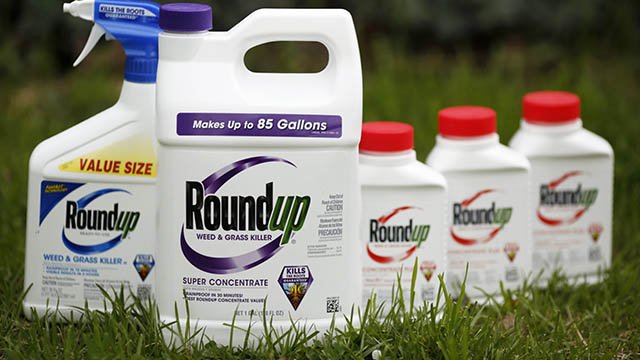A new study has found that exposure to glyphosate-based herbicides (GBHs), including Roundup, caused reproductive and developmental effects in both male and female rats, at a dose level currently considered safe in the U.S. (1.75 mg/kg bw/day).
Exposure to GBHs was associated with androgen-like effects, including a statistically significant increase of anogenital distance (AGD) in males and females, delay of first estrous and increased testosterone in females.
AGD, the distance between the anus and the genitals, is a sensitive marker of prenatal endocrine disruption (2) affecting the genital tract development. Exposure to different chemicals including pesticides has been linked previously to altered AGDs and other endocrine effects (3)(4).
This is the fourth in a series of related papers (5) from the pilot phase of the Global Glyphosate Study. The first results of the pilot phase of the study were presented to the European Parliament on May 16th 2018. The previous peerreviewed publications show that exposure to GBHs leads to other effects, including altering the gut microbiota of rats in early development, particularly before the onset of puberty.
The pilot phase of the Study was performed by the Ramazzini Institute and a network of scientific partners including the University of Bologna, the Genoa Hospital San Martino, the Italian National Institute of Health, the University of Copenhagen, the Federal University of Paraná, the Icahn School of Medicine at Mount Sinai and the George Washington University.


